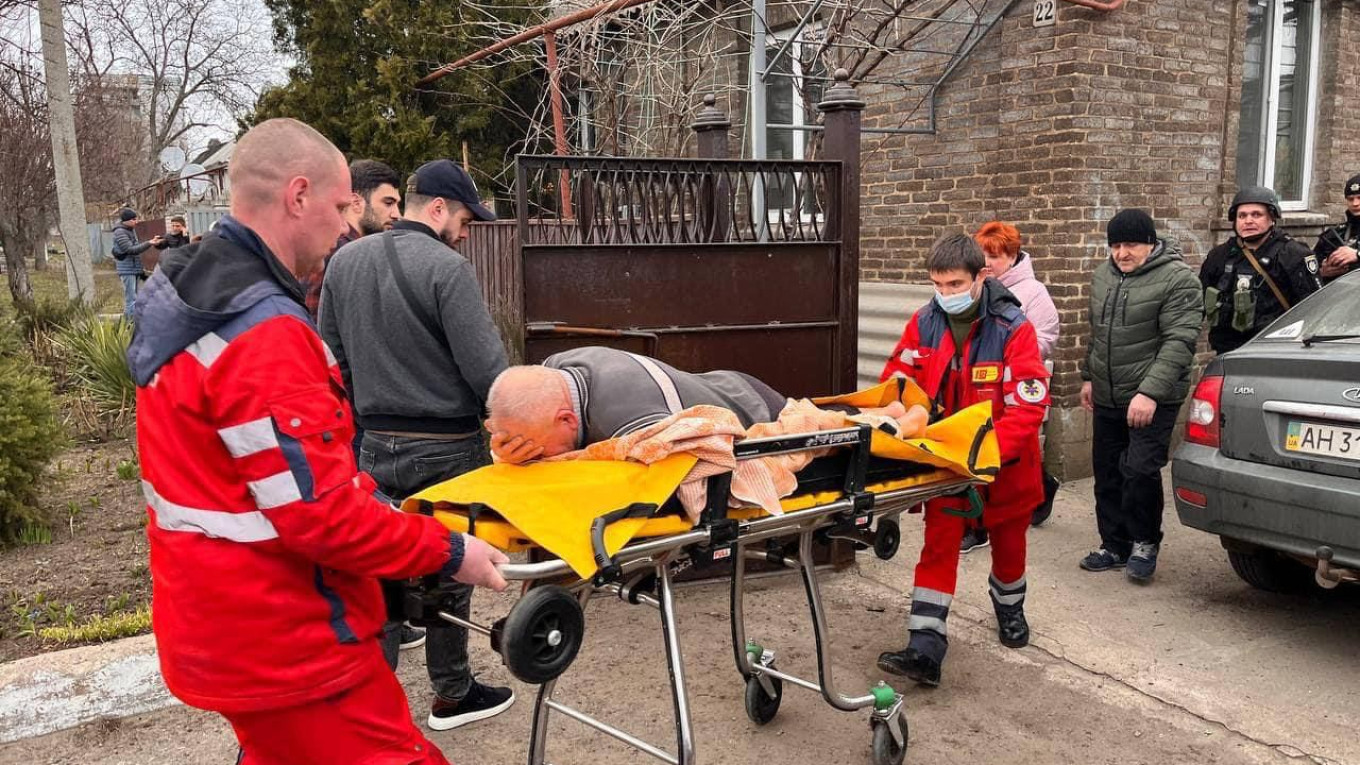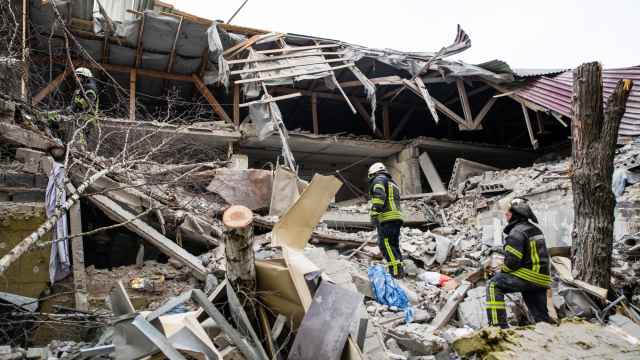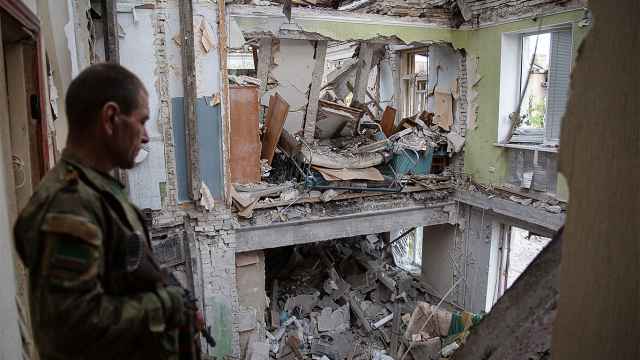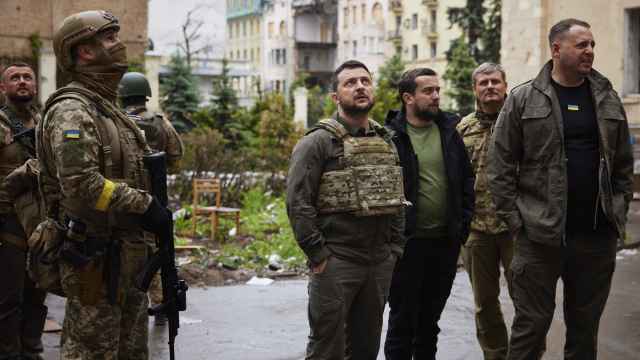Russian strikes killed two people and wounded eight in the eastern Ukrainian city of Kramatorsk on Saturday, the mayor said, accusing Moscow of having used cluster bombs in the attack.
"Russia continues to spread terror," Oleksandr Goncharenko said in a Facebook post. "Consequences of Kramatorsk bombardment with cluster bombs: two people were killed and eight were wounded, three of them seriously."
AFP journalists on the ground heard around 10 explosions go off nearly simultaneously just before 4:00 pm local time (1400 GMT) and saw smoke above a park in the southern part of the city.
A woman died at the scene from her wounds, they saw.
Soon after, another round of explosions was heard in a neighborhood two kilometers (one mile) away. A woman taxi driver was seriously wounded, according to AFP journalists.
"She came to see me briefly. I told her good-bye, closed the door and a few seconds later, I heard the explosions," said Lena, 46. "I was lucky to be inside with my daughter when all this happened."
A UN treaty backed by most Western countries bans the use and transfer of cluster bombs, which spread dozens of tiny explosives, often posing a threat long after a conflict ends.
Russia and Ukraine have not signed the treaty and the United Nations has voiced alarm over Moscow's alleged use of cluster munitions in populated areas since it invaded Ukraine last year.
The strikes marked the second time Kramatorsk was targeted in a week. On Tuesday, one person died and three people were wounded as a result of a strike on residential buildings.
Kramatorsk is located in the eastern industrial region of Donetsk, parts of which, including its largest city, have been controlled by Kremlin-backed separatists since 2014.
In April 2022, a missile strike killed some 60 people at the Kramatorsk train station, in one of the deadliest attacks targeting civilians of the invasion.
Moscow has been seeking to capture the entire region after declaring it part of Russia last year.
A Message from The Moscow Times:
Dear readers,
We are facing unprecedented challenges. Russia's Prosecutor General's Office has designated The Moscow Times as an "undesirable" organization, criminalizing our work and putting our staff at risk of prosecution. This follows our earlier unjust labeling as a "foreign agent."
These actions are direct attempts to silence independent journalism in Russia. The authorities claim our work "discredits the decisions of the Russian leadership." We see things differently: we strive to provide accurate, unbiased reporting on Russia.
We, the journalists of The Moscow Times, refuse to be silenced. But to continue our work, we need your help.
Your support, no matter how small, makes a world of difference. If you can, please support us monthly starting from just $2. It's quick to set up, and every contribution makes a significant impact.
By supporting The Moscow Times, you're defending open, independent journalism in the face of repression. Thank you for standing with us.
Remind me later.






